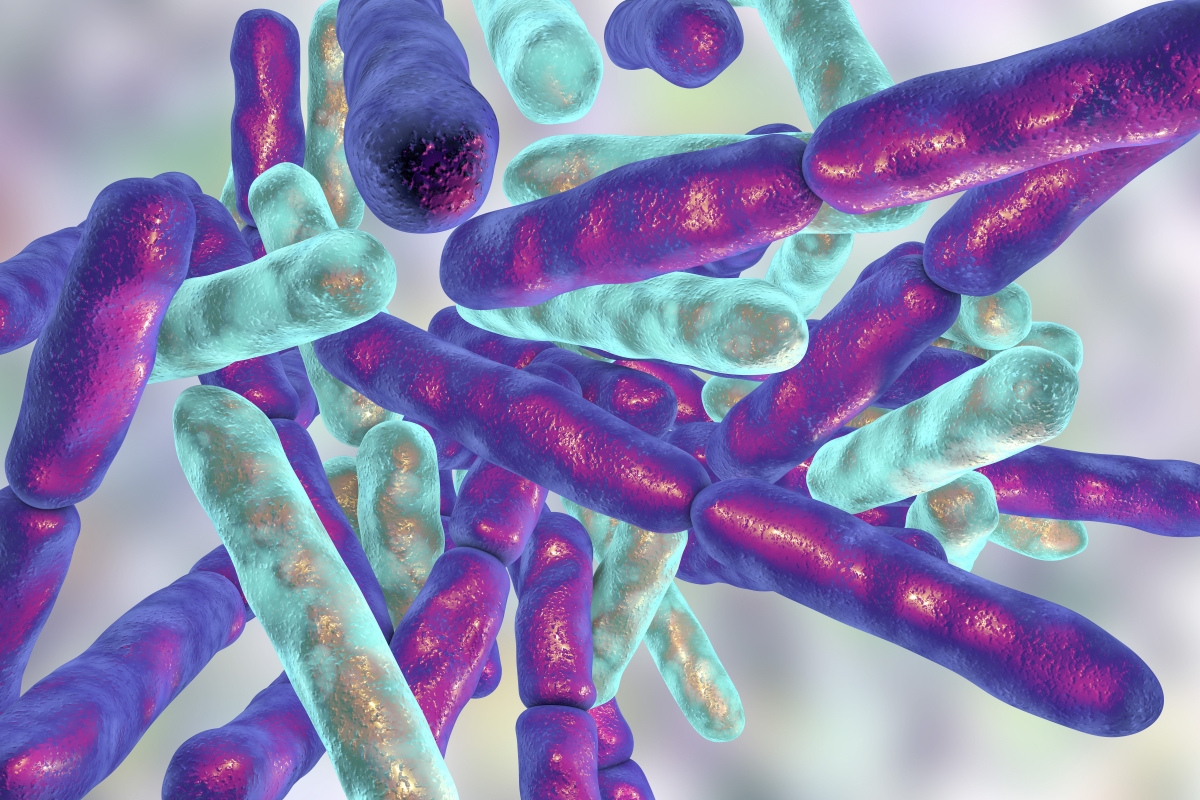Acceptability, tolerability, and estimates of putative treatment effects of probiotics as adjunctive treatment in patients with depression: A randomized clinical trial
Probiotics are a prominent instance of an innovative therapy for mood disorders that aims at the microbiota-gut-brain axis. More safety and effectiveness data are required to support this therapeutic strategy as there haven’t been many clinical trials. Through this work by Nikolova et al. (2023), the authors sought to discover more information on probiotics’ acceptability and tolerability and estimations of the intervention’s effect size in patients with major depressive disorder (MDD). Adults with MDD who were taking antidepressants but had an insufficient response were examined in this single-center, double-blind, placebo-controlled pilot randomized clinical study. Participants received either an 8-week intervention of multistrain probiotic (8 billion CFU/day) or a placebo in addition to their regular antidepressant therapy. Retention, tolerability, acceptability, and estimates of treatment impact on clinical symptoms (depression: Hamilton Depression Rating Scale [HAMD-17] and Inventory of Depressive Symptomatology [IDS] scores; anxiety: Hamilton Anxiety Rating Scale [HAMA] and General Anxiety Disorder [GAD-7] scores) were the trial’s pilot results, which were to be used as benchmarks for a more extensive study. Of the 50 individuals included, 49 took part in the intervention and were counted in the analyses with the intention of treating them. Of these 49, 39 (80%) were female, and the mean (SD) age was 31.7 (9.8) years. Twenty-four people were randomized to get probiotics, while 25 received placebos. Adherence was 97.2%, there were no significant negative side effects, and there was an 8% attrition rate (1 in the probiotic group and 3 in the placebo group). Analysis of the results revealed that, compared to the placebo group, the probiotic group saw higher reductions in anxiety symptoms as measured by HAMA scores and greater reductions in depressive symptoms as measured by HAMD-17 and IDS Self Report scores, but not GAD-7 scores. The authors recommend that probiotics be further researched as an adjunctive treatment for MDD patients in a conclusive efficacy study because of their acceptance, tolerability, and predicted impact sizes on important clinical outcomes. [NPID: Diet, probiotics, Major Depressive Disorder, adults, anxiety, adjunctive therapy]
Year: 2023
 Navigation
Navigation






